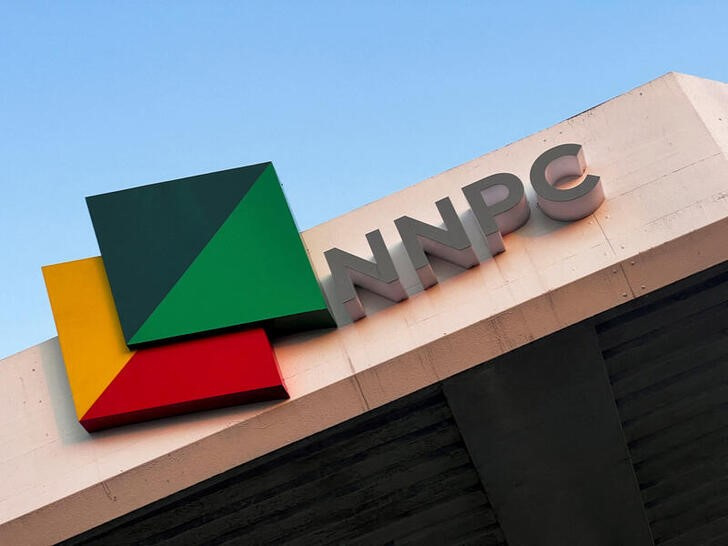NNPC Ltd., Nigeria’s state oil company, raised the price of petrol significantly on Wednesday. The new rates reached as high as 557 naira ($1.21) per liter, up from 189 naira. This decision comes shortly after President Bola Tinubu announced the elimination of fuel subsidies.
The price hike signifies the end of the fuel subsidy system, which the NNPC claims costs them $867 million each month. As a result, Nigerians should prepare for increased transportation fares, while businesses relying on petrol generators due to limited grid electricity will face higher expenses.
According to the NNPC’s statement, the adjustment in petrol prices aligns with the current market conditions. They also emphasized that prices will continue to fluctuate in response to market dynamics. In the past, attempts to remove the subsidy in 2012 resulted in nationwide protests, as many Nigerians view affordable petrol as a fundamental entitlement. At that time, Tinubu, then an opposition leader, opposed the subsidy’s removal.
Motorists hurried to fill their tanks in anticipation of the subsidy’s anticipated discontinuation, which had kept prices low. The NNPC’s CEO stated that the federal government owed the corporation $6.1 billion in fuel subsidy payments and that Nigeria could no longer afford to bear the cost of these subsidies.
NNPC-owned fuel outlets in Lagos were selling petrol for 448 naira per liter (up from 185 naira), while in Abuja, the price was 537 naira.

